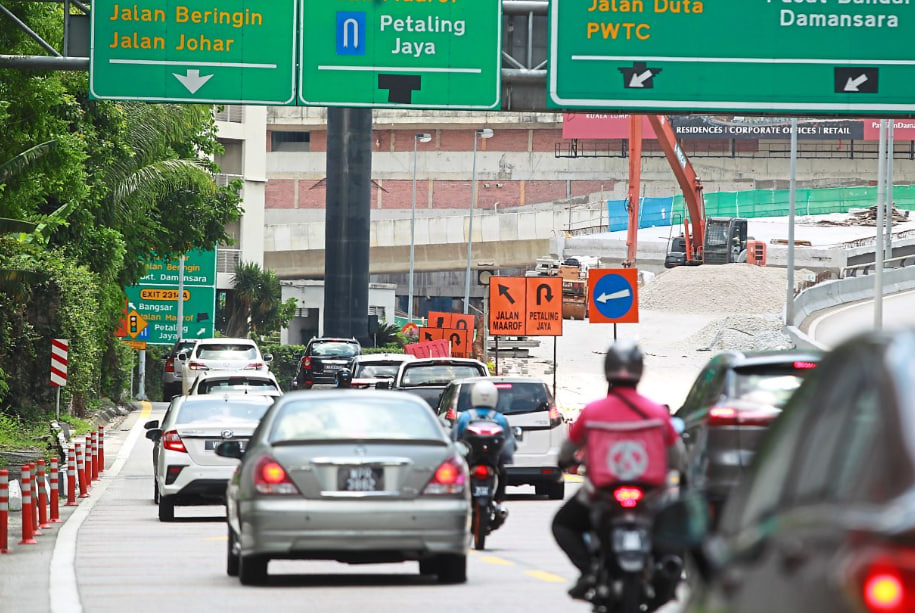
What cultures need to know of road users?
The Importance of Understanding Road Rules and Regulations for Different Cultures
Understanding road rules and regulations is essential for all drivers, regardless of their culture. It is important to be aware of the differences in road rules and regulations between cultures, as this can help to ensure that all drivers are safe and that the roads are kept free from accidents.
Road rules and regulations vary from culture to culture, and it is important to be aware of these differences. For example, in some countries, drivers may be required to drive on the left side of the road, while in other countries, drivers may be required to drive on the right side of the road. Additionally, some countries may have different speed limits, or different rules regarding the use of headlights or turn signals. It is important to be aware of these differences, as they can help to ensure that all drivers are following the same rules and regulations.
In addition to understanding the differences in road rules and regulations between cultures, it is also important to understand the cultural context of driving. For example, in some cultures, drivers may be expected to be more courteous and respectful of other drivers, while in other cultures, drivers may be expected to be more aggressive and assertive. Understanding the cultural context of driving can help to ensure that all drivers are aware of the expectations of their particular culture.
Finally, understanding road rules and regulations for different cultures can help to ensure that all drivers are aware of the laws and regulations that apply to them. This can help to ensure that all drivers are following the same rules and regulations, and that the roads are kept safe for all drivers.
In conclusion, understanding road rules and regulations for different cultures is essential for all drivers. It is important to be aware of the differences in road rules and regulations between cultures, as well as the cultural context of driving, in order to ensure that all drivers are following the same rules and regulations and that the roads are kept safe for all drivers.
How Different Cultures Can Adapt to Road Safety Practices
Road safety is an important issue that affects people from all cultures. Different cultures have different practices and beliefs that can influence how they approach road safety. However, it is possible for all cultures to adapt to road safety practices in order to reduce the number of accidents and fatalities on the roads.
One way that different cultures can adapt to road safety practices is by educating their citizens about the importance of following the rules of the road. This can include teaching people about the dangers of speeding, drinking and driving, and not wearing a seatbelt. It is also important to educate people about the importance of following traffic signals and signs, as well as the consequences of not doing so. Education can be provided through public service announcements, school programs, and other forms of media.
Another way that different cultures can adapt to road safety practices is by implementing laws and regulations that are designed to protect drivers and pedestrians. This can include laws that require drivers to wear seatbelts, laws that limit the amount of alcohol that can be consumed before driving, and laws that require drivers to obey traffic signals and signs. It is also important to enforce these laws in order to ensure that they are followed.
Finally, different cultures can adapt to road safety practices by encouraging people to use public transportation whenever possible. Public transportation can reduce the number of cars on the road, which can help to reduce the number of accidents and fatalities. It can also help to reduce air pollution and traffic congestion.
By educating their citizens, implementing laws and regulations, and encouraging the use of public transportation, different cultures can adapt to road safety practices in order to reduce the number of accidents and fatalities on the roads. This is an important step in ensuring the safety of all drivers and pedestrians.
The Benefits of Educating Different Cultures on Road User Etiquette

Road user etiquette is an important part of safe and efficient transportation. It is essential that all road users, regardless of their culture, understand the rules of the road and the etiquette that is expected of them. Educating different cultures on road user etiquette can have numerous benefits, including improved safety, reduced traffic congestion, and increased respect for other road users.
One of the primary benefits of educating different cultures on road user etiquette is improved safety. When all road users understand the rules of the road and the etiquette that is expected of them, they are more likely to follow them. This can help to reduce the number of accidents and injuries that occur on the roads. Additionally, educating different cultures on road user etiquette can help to reduce the number of traffic violations that occur, as road users are more likely to follow the rules if they understand them.
Another benefit of educating different cultures on road user etiquette is reduced traffic congestion. When all road users understand the rules of the road and the etiquette that is expected of them, they are more likely to follow them. This can help to reduce the amount of time that is spent waiting in traffic, as road users are more likely to follow the rules if they understand them. Additionally, educating different cultures on road user etiquette can help to reduce the amount of time that is spent waiting at intersections, as road users are more likely to follow the rules if they understand them.
Finally, educating different cultures on road user etiquette can help to increase respect for other road users. When all road users understand the rules of the road and the etiquette that is expected of them, they are more likely to show respect for other road users. This can help to create a more pleasant driving experience for all road users, as they are more likely to show respect for each other.
In conclusion, educating different cultures on road user etiquette can have numerous benefits, including improved safety, reduced traffic congestion, and increased respect for other road users. It is essential that all road users, regardless of their culture, understand the rules of the road and the etiquette that is expected of them. By educating different cultures on road user etiquette, we can help to create a safer and more efficient transportation system.








